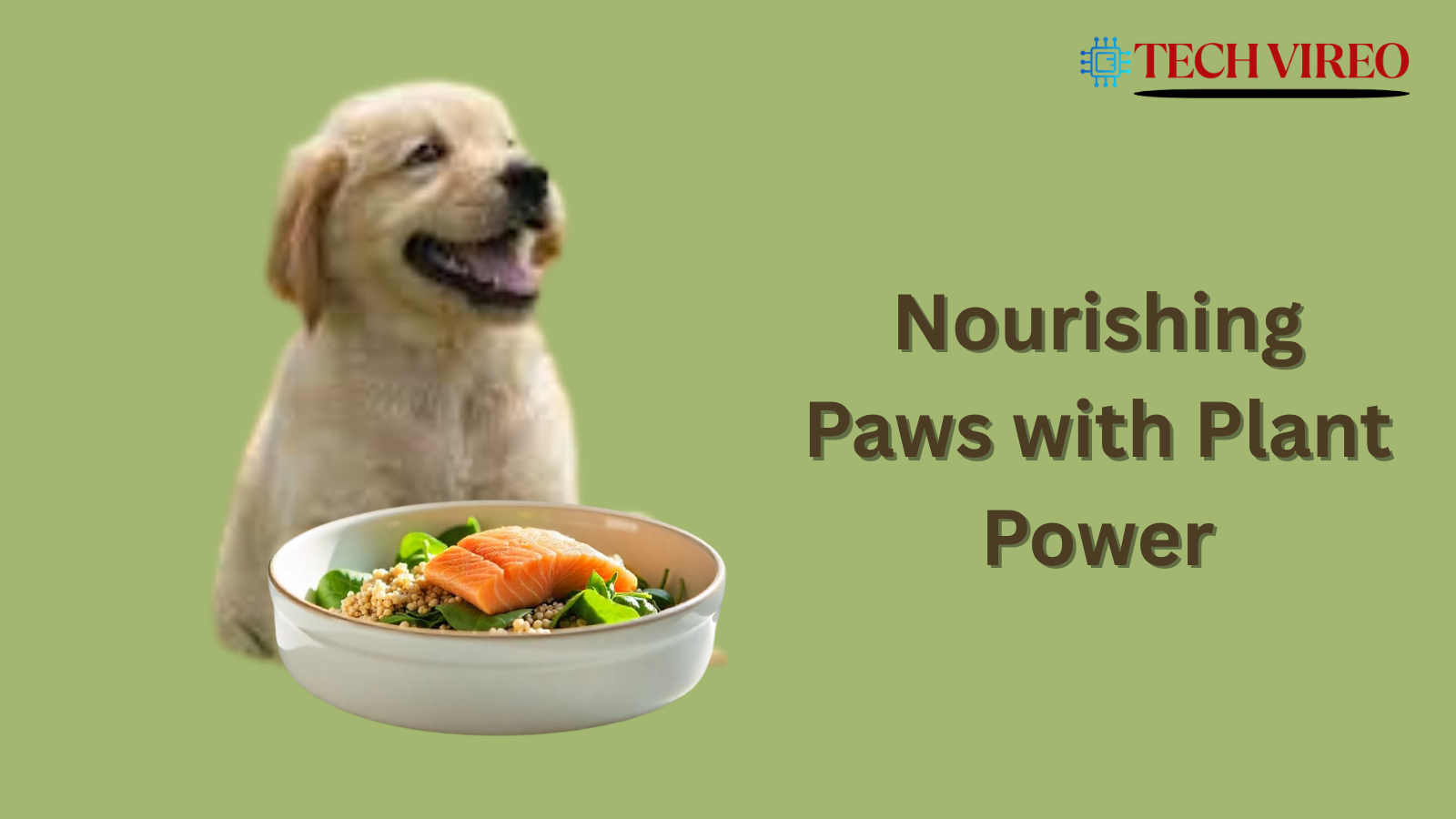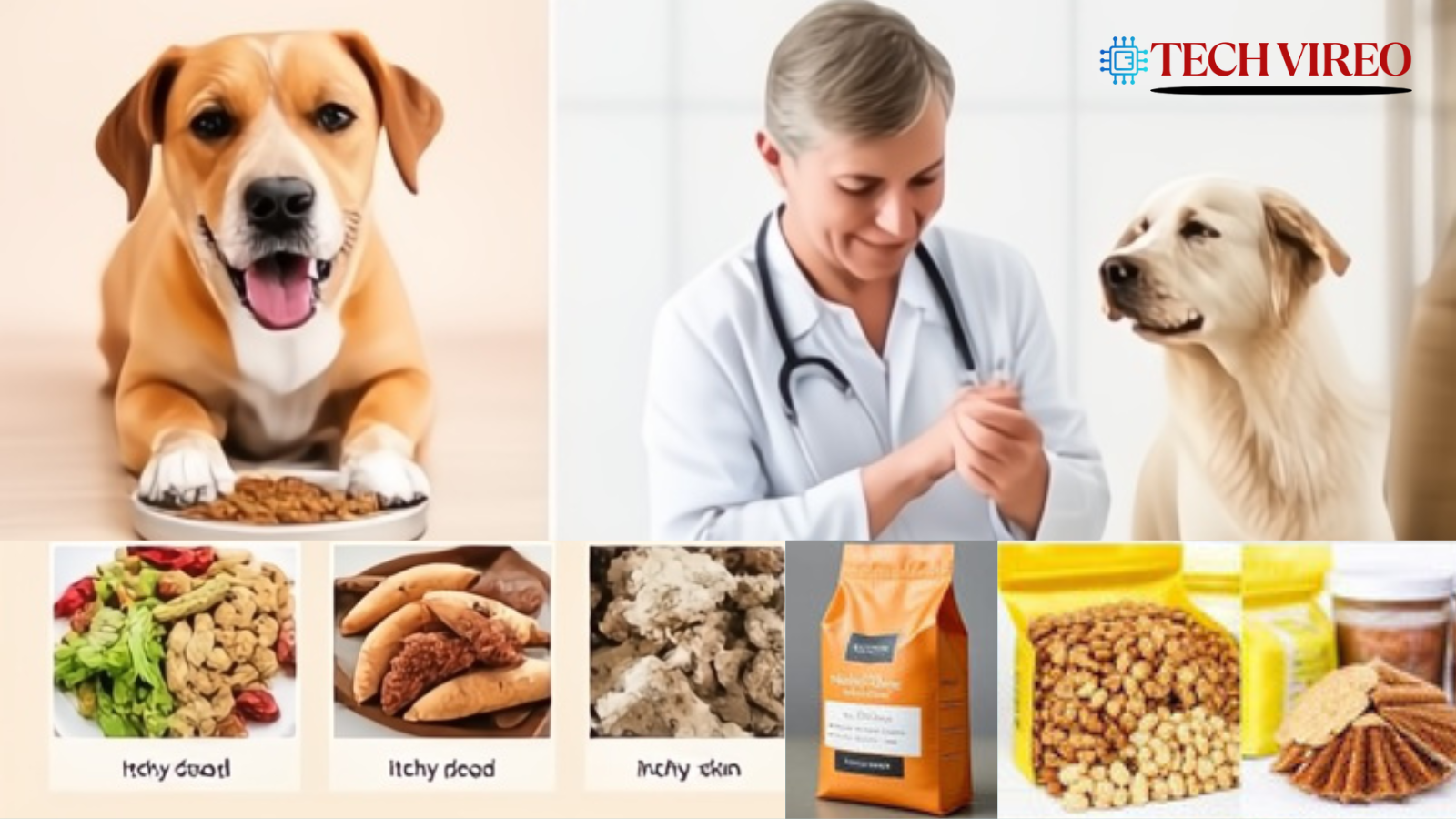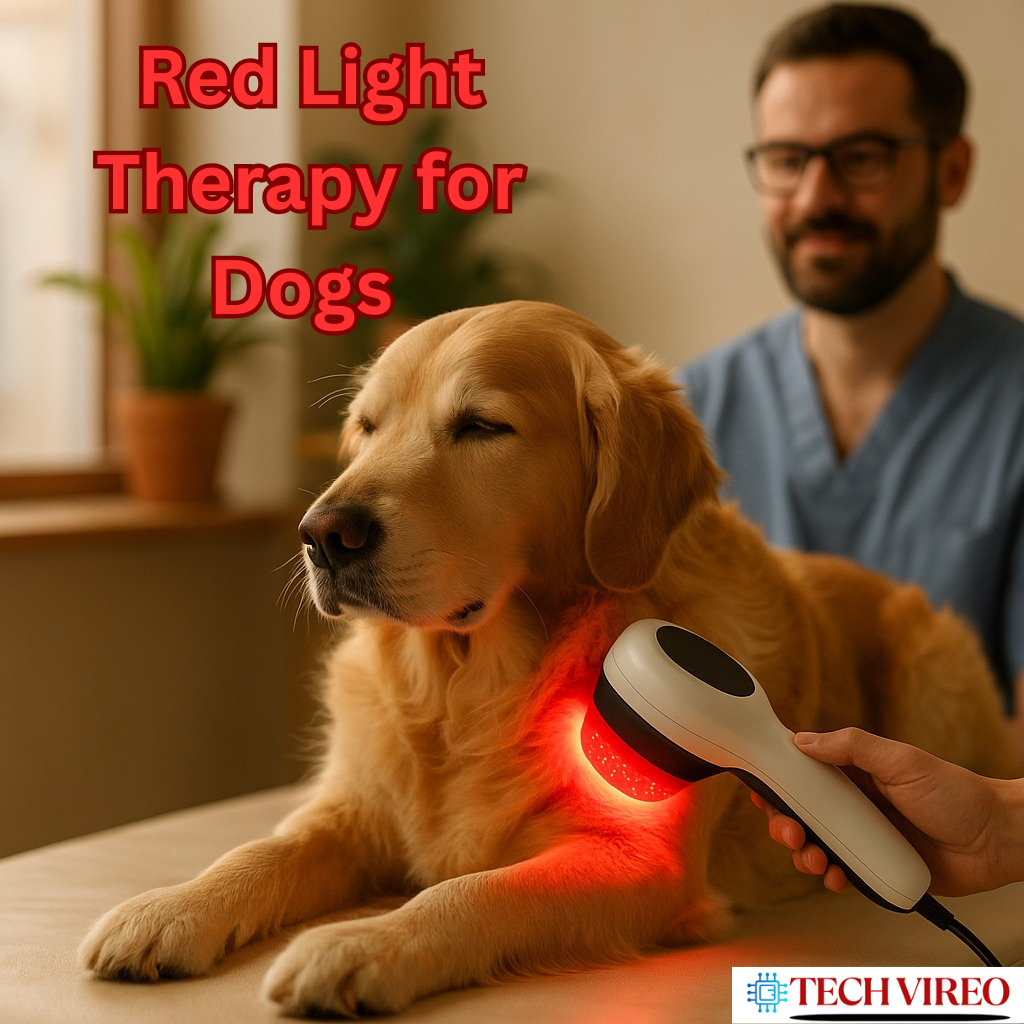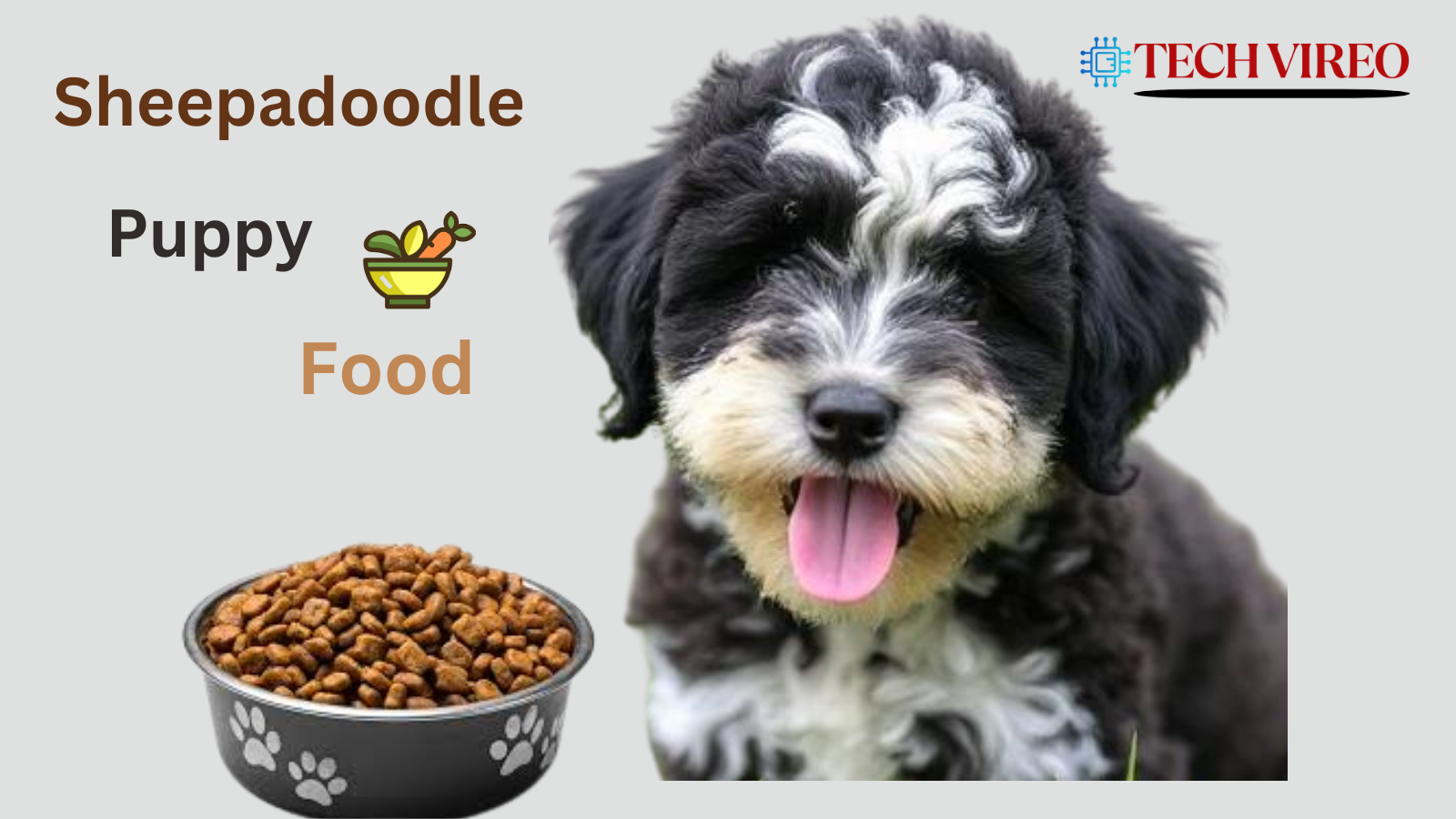Feeding your dog isn’t just about filling their bowl. It’s about choosing the right food that supports their health and reflects your values. More dog owners are turning to plant-based diets for their pets, hoping to make compassionate and healthy choices. In this guide, you’ll find everything you need to make informed decisions: what vegan dog food really is, which brands are worth your trust, and how to smoothly transition your dog without stressing them (or you).
What Is Vegan Dog Food? (+ Basic Nutrition)
Vegan dog diet is made entirely from plants. That means no meat, dairy, eggs, or any other animal by-products. Instead, it uses nutrient-rich plants like peas, lentils, quinoa, and sweet potatoes to create a balanced meal.
There’s a common belief that dogs must eat meat to be healthy. While it’s true that their ancestors were hunters, modern dogs have adapted to thrive on a varied diet. They are omnivores, meaning they can get their nutrients from a mix of sources, including plants.
Nutritional Basics
A complete vegan dog diet covers all the essentials:
- Proteins from lentils, peas, chickpeas, and soy.
- Vitamins and minerals either from natural sources or added supplements.
- Healthy fats like flaxseed oil for a shiny coat and strong immune system.
Plant-Based vs. Meat-Based Dog Foods
The main difference lies in the source of the nutrients, not the nutrients themselves. Good plant-based dog food ensures your dog gets sufficient amino acids, vitamins like B12, and minerals like calcium and zinc, just as a meat-based diet would.
Dogs don’t need meat. They need nutrition. When done right, a meat-free diet can give them everything they need for energy, playfulness, and overall health.
Is Vegan Dog Food Healthy and Safe for Dogs?
Many pet parents worry if cutting out meat is safe for their dog. According to a 2022 study published in the journal “PLOS ONE,” dogs on carefully formulated vegan diets were found to be just as healthy as or healthier than those eating conventional meat-based diets.
Veterinarians agree that vegan dog food can be safe, provided it meets nutritional guidelines like those set by AAFCO (Association of American Feed Control Officials).
Health Benefits
Improved digestion
Plant-based diets are often easier on sensitive stomachs.
Reduced allergies
Many dogs react poorly to common meat proteins like chicken or beef.
Lower environmental footprint
Less animal agriculture means a smaller carbon pawprint.
Feeding your dog a healthy vegan diet isn’t about cutting corners. It’s about choosing the best ingredients and making sure their nutritional needs are fully covered.
Suggestion: If you’re also considering weight management for your pup, read our complete guide on What Is the Best Dog Food for Weight Loss in 2025?
Potential Risks & How to Avoid Them
No diet is risk-free, and vegan diets for dogs need to be approached with care. Here are key risks to watch for:
Common Deficiencies
Lack of Taurine
Essential for heart health.
Vitamin B12 deficiency
Critical for nerve function and energy.
Low-quality protein
May cause muscle loss or weakness if not properly sourced.
How to Avoid Problems
- Always choose vegan dog foods that are complete and balanced according to AAFCO standards.
- Add vet-recommended supplements if needed.
- Monitor your dog’s weight, coat, and energy levels regularly.
- Consult your veterinarian before making major changes.
A vegan diet can be fantastic when it’s planned with attention to detail.
Top Vet-Recommended Vegan Dog Food Brands for 2025
Choosing the right brand is crucial. Here are some trusted options:
Benevo
- UK-based pioneer in vegan pet food.
- Long track record; nutritionally complete formulas.
- Mid-range.
Wild Earth
- Science-backed formulas made with yeast protein.
- High digestibility; complete and balanced.
- Premium.
Petaluma
- Organic ingredients; sustainable practices.
- Focus on quality and environmental responsibility.
- Premium.
V-dog
- Plant-powered dog Food Company based in the USA.
- Great for sensitive stomachs.
- Affordable to mid-range.
Gather Endless Valley
- Vegan recipe with organic peas.
- Clean ingredient sourcing; complete nutrition.
- Mid-range.
How to Transition Your Dog to Vegan Food
Changing your dog’s diet takes time and patience. Here’s a simple plan:
Day 1–2
Mix 10% vegan food with 90% current food.
Day 3–4
Increase to 25% vegan food.
Day 5–6
Reach 50% vegan food.
Day 7–9
Move to 75% vegan food.
Day 10
100% vegan food.
Tips:
- Watch your dog’s energy and appetite.
- Monitor stool quality.
- Stay flexible and go slower if needed.
Transitioning gradually reduces digestive upsets and helps your dog adjust happily.
Homemade Vegan Dog Food Recipe (Bonus)
Want to make your own?
Ingredients
- 1 cup cooked lentils
- 1/2 cup quinoa
- 1 cup chopped carrots
- 1/2 cup green peas
- 1 tablespoon flaxseed oil
- Supplements (consult your vet)
Preparation
- Cook the lentils and quinoa.
- Steam the carrots and peas.
- Mix all ingredients together.
- Add flaxseed oil and supplements.
- Serve cooled.
Homemade meals can be great treats or occasional meals but should always be nutritionally balanced. For breed-specific guidance, read our guide on What Is the Best Puppy Food for Sheepadoodle in 2025?
Conclusion
Feeding your dog a vegan food is a big decision that comes with responsibility. Done properly, it can offer many benefits for your pet’s health and the planet. The key is focusing on complete nutrition, choosing reputable brands, and staying in touch with your veterinarian.
If you’re curious to learn more about balanced pet diets, be sure to check out our in-depth guide on “Dog Nutrition Basics”.
FAQs
Can puppies eat vegan dog food?
Puppies have different nutritional needs. Only specialized vegan formulas approved for growth stages should be used.
What supplements are needed?
Most vegan dog foods add taurine, L-carnitine, and B12. Always check the label.
How do I know if the diet is working?
Look for signs like stable weight, shiny coat, good energy levels, and normal stools.
Is homemade vegan food enough?
Not without professional guidance. Always consult a vet or canine nutritionist.
How do I choose the best vegan dog food brand?
Pick brands that meet AAFCO standards, use quality ingredients, and have input from veterinary nutritionists.
Can all dog breeds thrive on a vegan diet?
Most breeds can thrive on a well-balanced vegan diet, but individual needs vary by age, size, and health.
What signs should I watch for during the transition?
Monitor appetite, stool quality, coat shine, and energy levels; consult your vet if you notice changes.
Is it more expensive to feed dogs a vegan diet?
Vegan dog food can cost more upfront, but better health may reduce long-term vet expenses.




